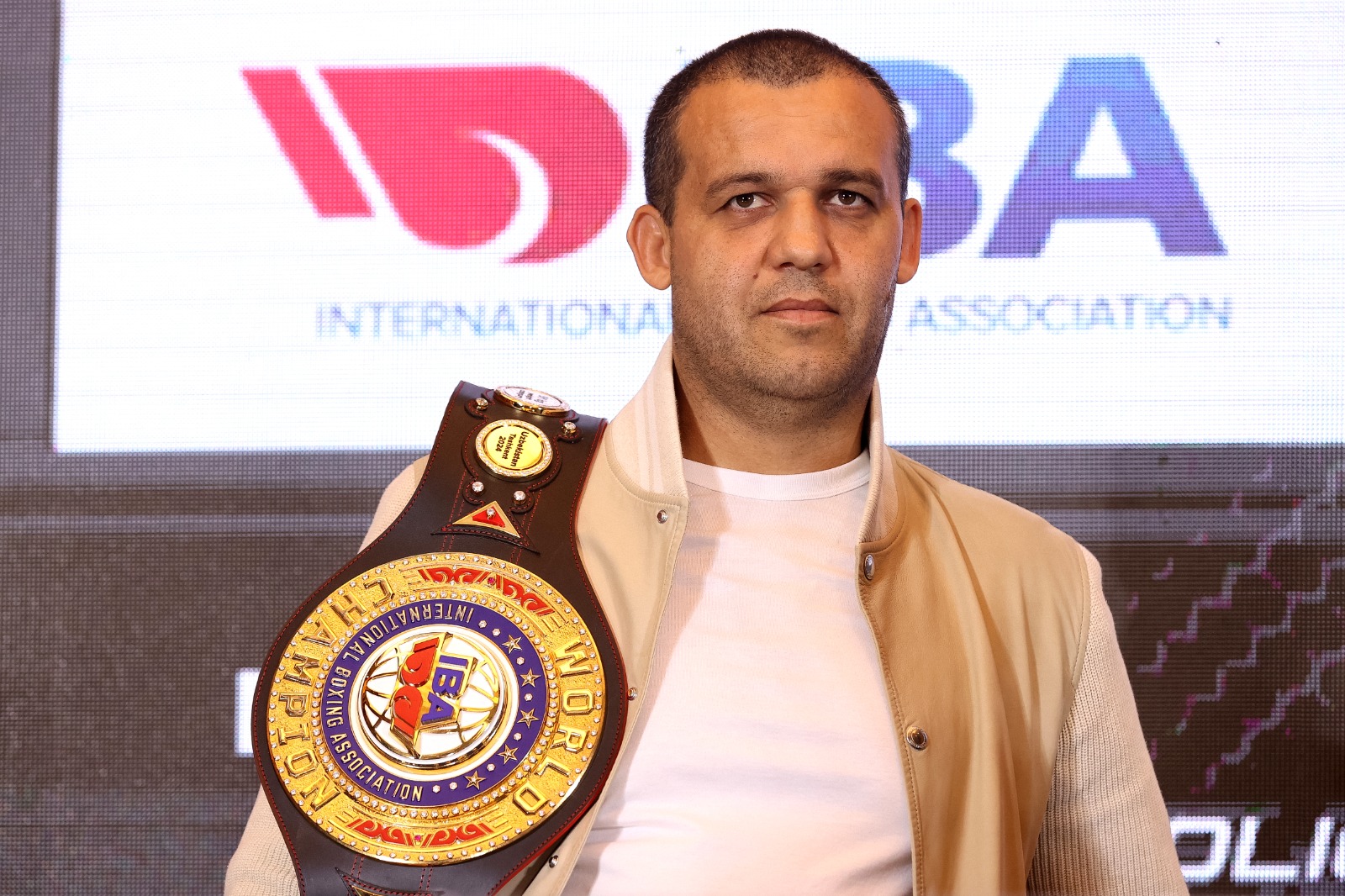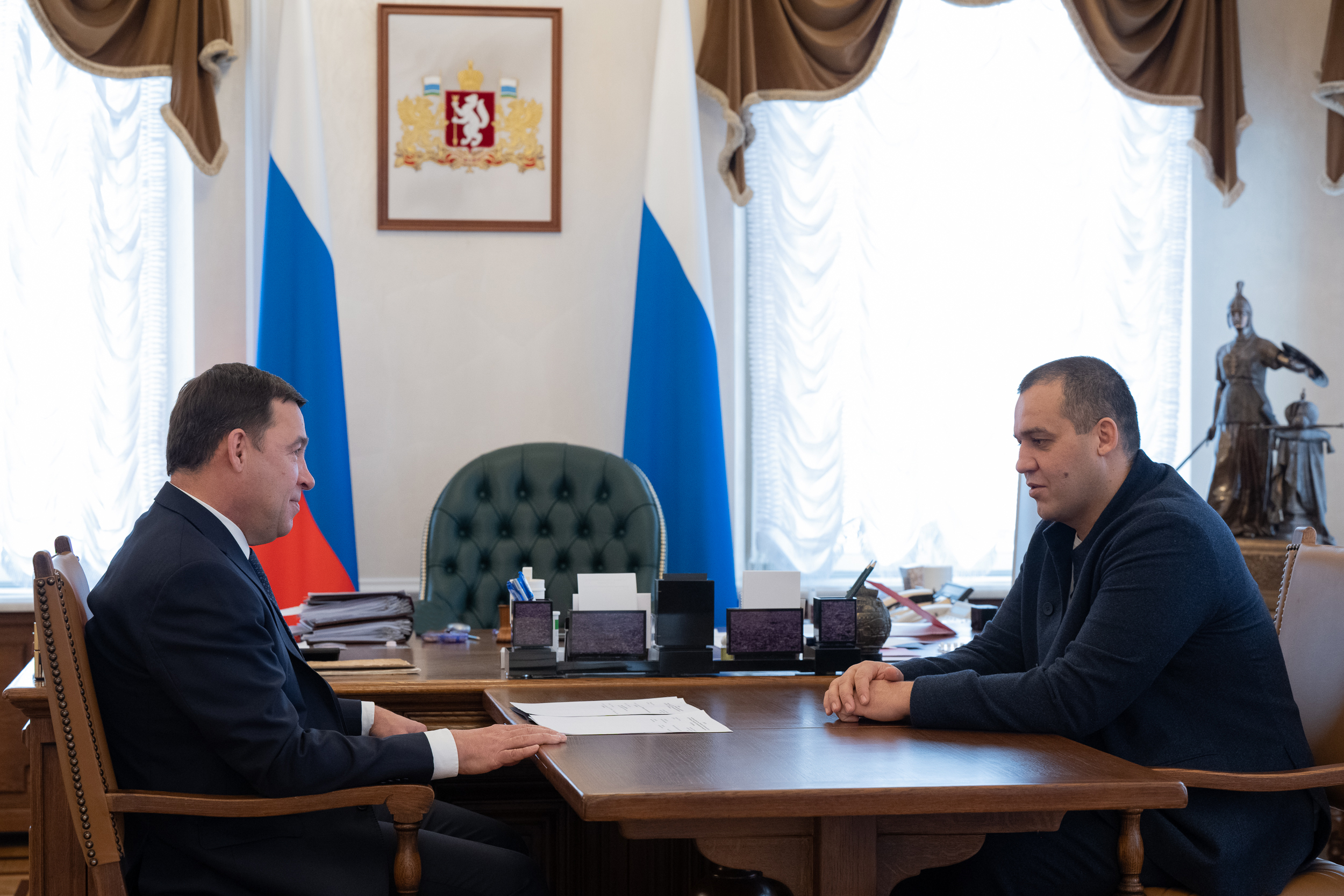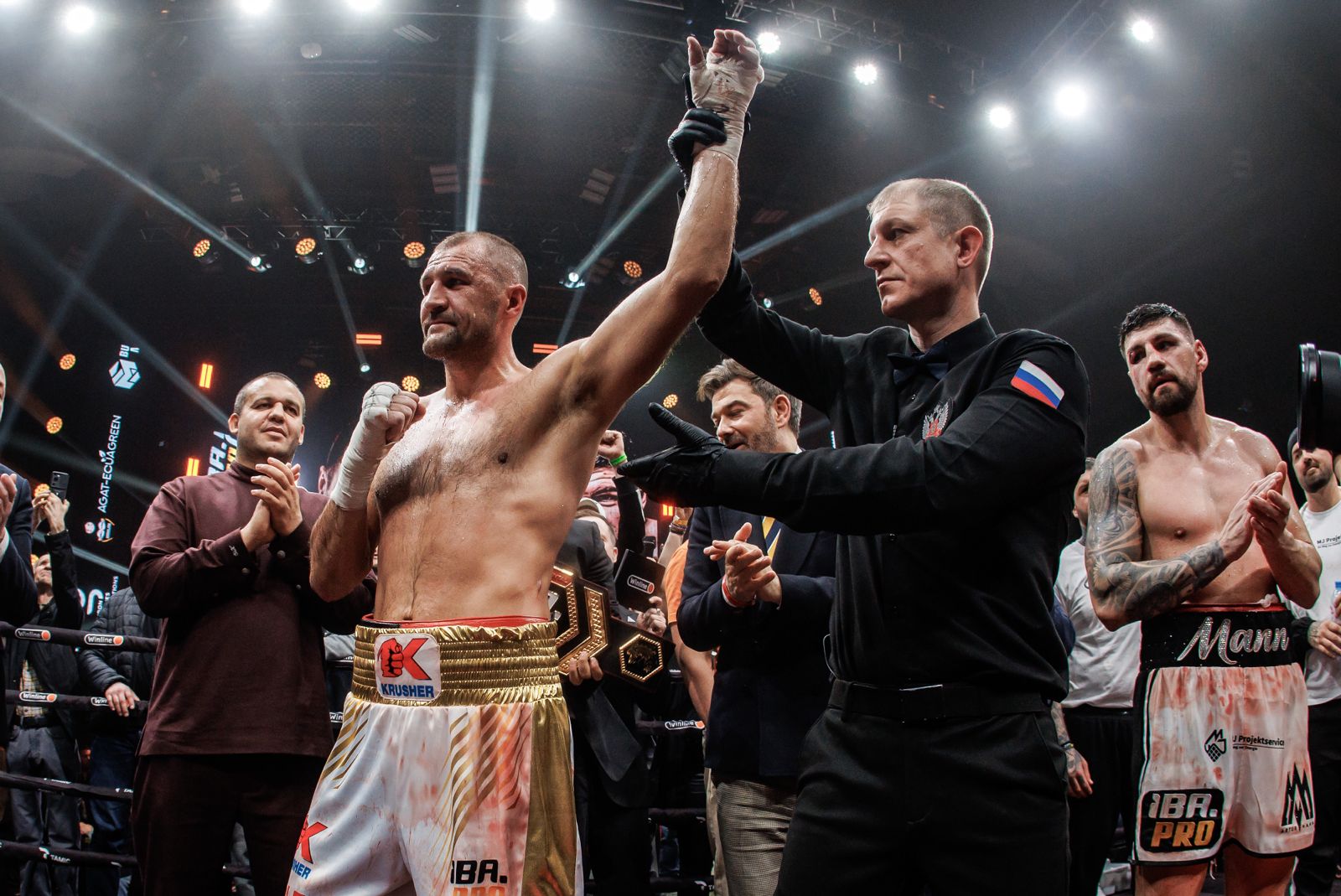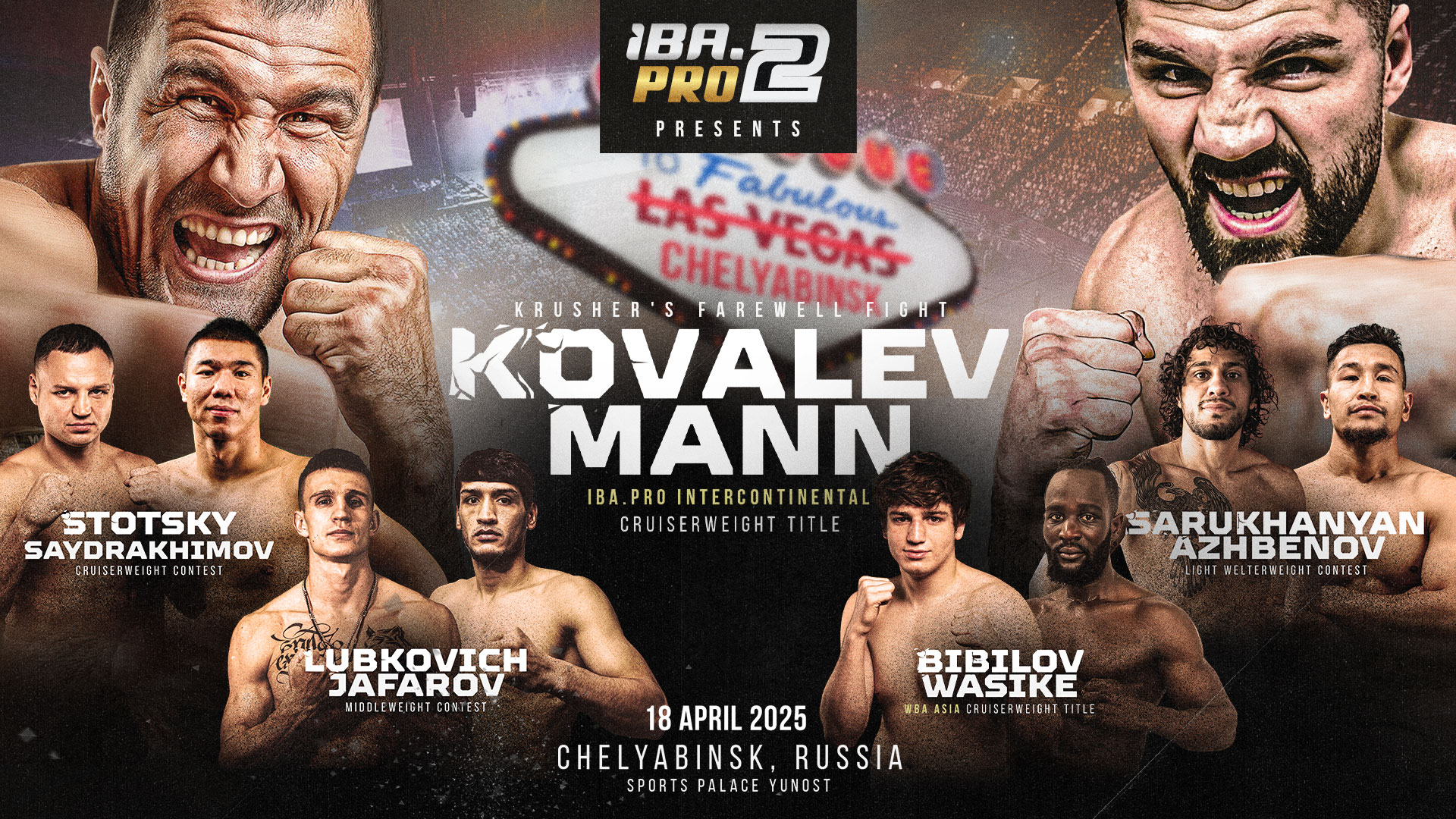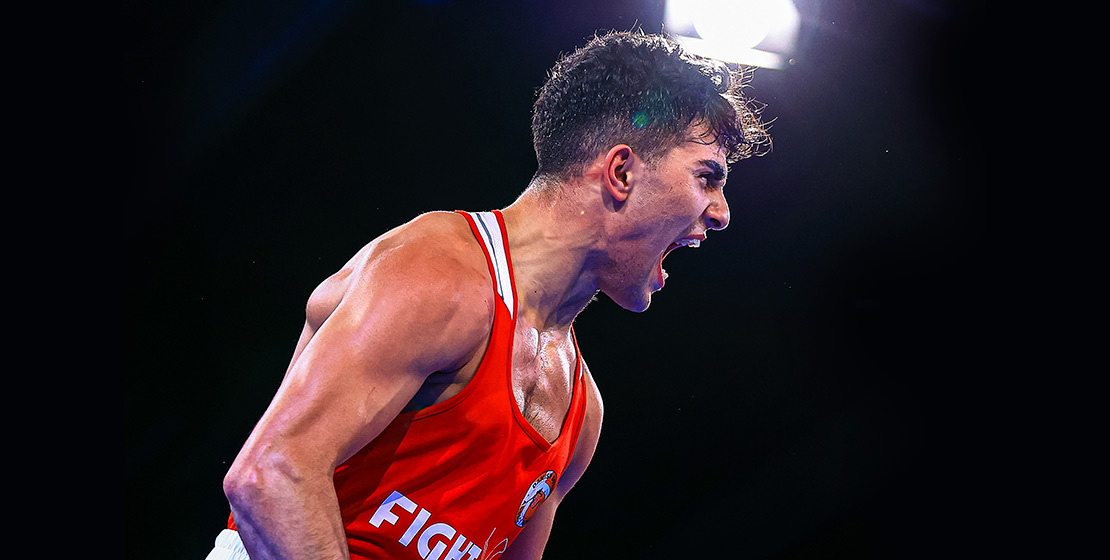Ray Silvas, Supervisor of AIBA 2016 Youth World Championships
November 8th, 2016 / IBA
Ray Silvas is the Supervisor for the 2016 AIBA Youth World Championships. His vast experience of the boxing world means he has seen more young boxers than most making the crucial transition from Youth success to Elite level tournaments, and Mr Silvas is in no doubt that the prospect of seeing the next crop of talent coming through in Saint Petersburg will be as spectacular as ever.
What can we expect from the 2016 Youth World Championships in Saint Petersburg?
This is the future of our athletes and those that we will be looking at ahead of appearing at the Tokyo 2020 Olympics. For a lot of our Olympic champions, the Youth World Championships is where it all started, so we are very excited to be able to start the process of looking ahead to Tokyo because the clock has already started ticking for these boxers. We were here last year for the Junior World Championships and the end result was a fantastic competition. The organisation was superb, our relationship with the LOC worked very well and the creativity they displayed made for a great event, while meeting all the requirements AIBA of course demands.
How many World Championships have you been involved with?
I have seen more than twenty World Championships in my time. You get a great spectrum of talent and prospects, but it is always exciting to get a look at these athletes from so many different countries, boxing as hard as they do to get that title. It is an exciting process to go to a World Championships like this.
What does it mean for a boxer of this age to win that first World title?
It completely changes their lives. All of a sudden they see their potential and their future and that the hard work they have put in is paying off. It’s a real life-changing experience.
What is your advice for these young men being thrust into the world boxing spotlight?
They have to continue to listen to their coaches, to stay humble and stay hungry. It does happen occasionally that winning a World title can change a boxer’s outlook and not always for the better, but you must realise that, in boxing, you are always learning and if you aren’t, you’re going to go backwards.
How does AIBA support these young boxers?
What we do is provide opportunities and a competition platform, we open a door, but it is up to each individual as to how they grasp that opportunity. The Junior programme is an excellent opener for them to show their talents, and you only have to look at some of the past champions that have come from the Youth programme to understand its importance. We put in a lot of work to provide opportunities to these young boxers, it is up to them to seize them.
What will Saint Petersburg bring to the tournament?
Every major tournament has different aspects that make it unique: how it reflects the host city or how it reflects the boxing categories be they Juniors or Elites, and I thought Saint Petersburg did a fantastic job last year to customise the presentation and the show they put on. At the Juniors in 2015, we were amazed at the standard of the boxing and some of those boxers will of course be returning in November so we are in for a good show this year.
Several nations have qualified for their first Youth World Championships this year, what does that add to the competition?
Every country has different coaches, different styles, different influences and different opportunities for boxers to learn and experience new things. Coaches are the key to our programme. When they show some of these boxers what they are capable of, it is amazing what they can produce.
What are the crucial experiences these boxers should learn from in November?
I would say that they should enjoy the experience, take as much as they can away from it and continue learning from it whether or not they win gold. Winning a bout is a big achievement. Winning a bronze is also a huge victory. Don’t leave Saint Petersburg thinking that if you didn’t achieve your goals that it is a loss. Always leave having learned from your mistakes or thinking about what you could have improved upon. Leave every tournament thinking ‘how can I be better?’.


